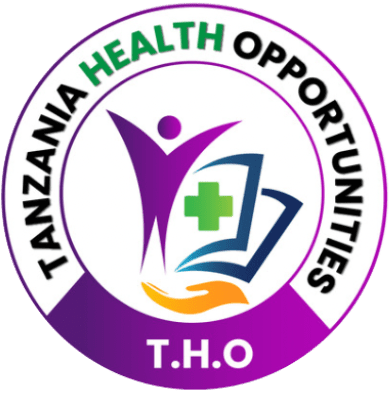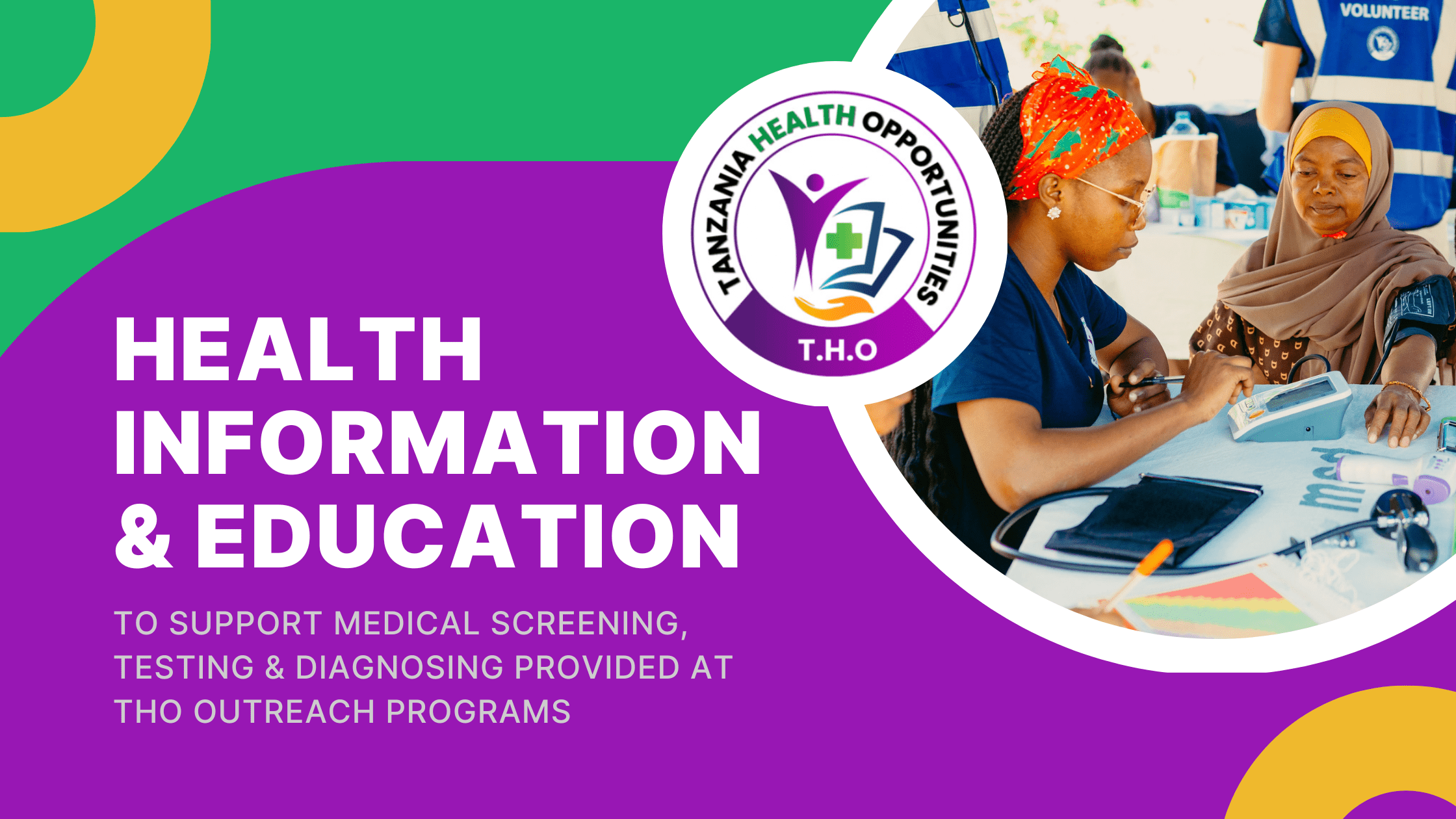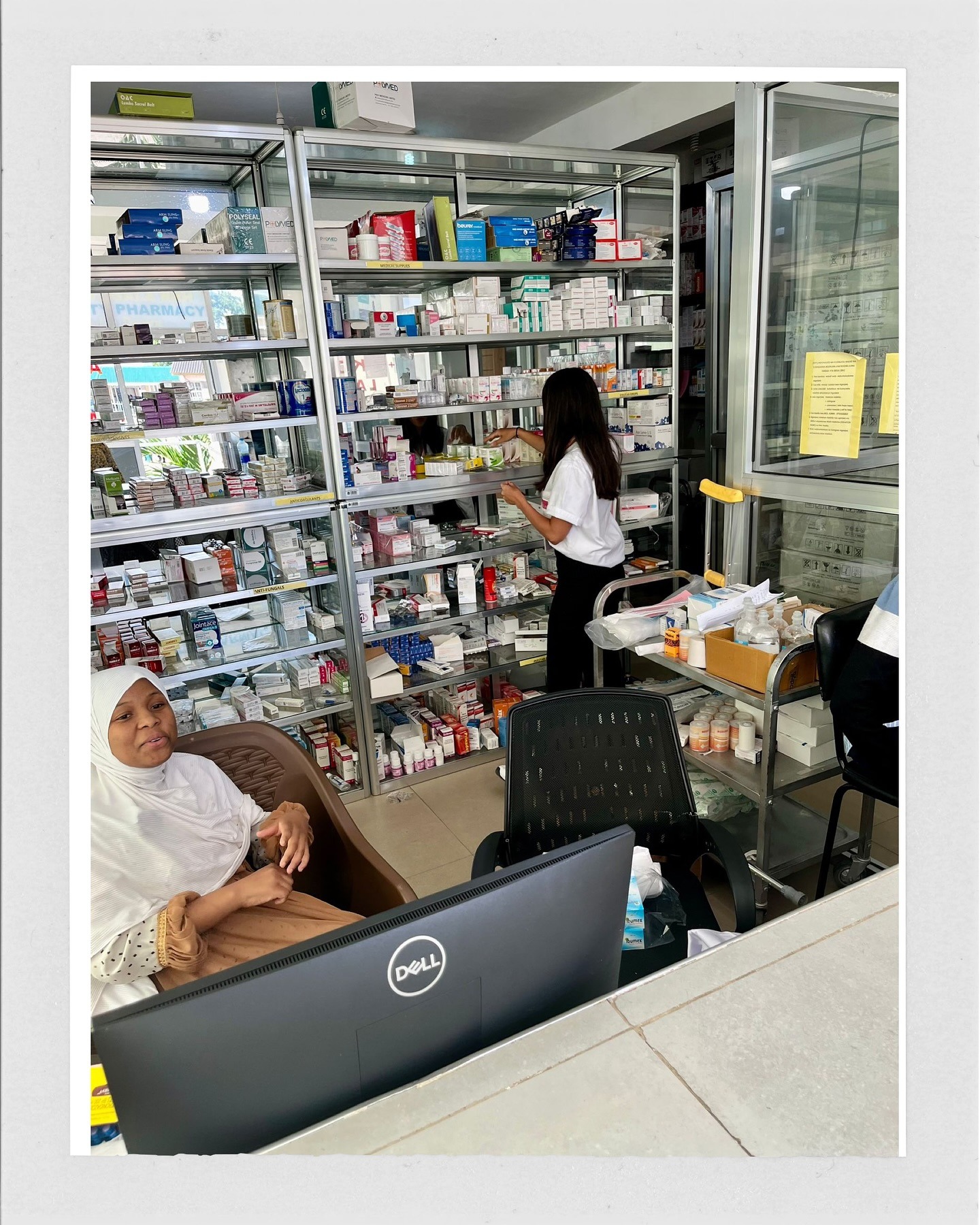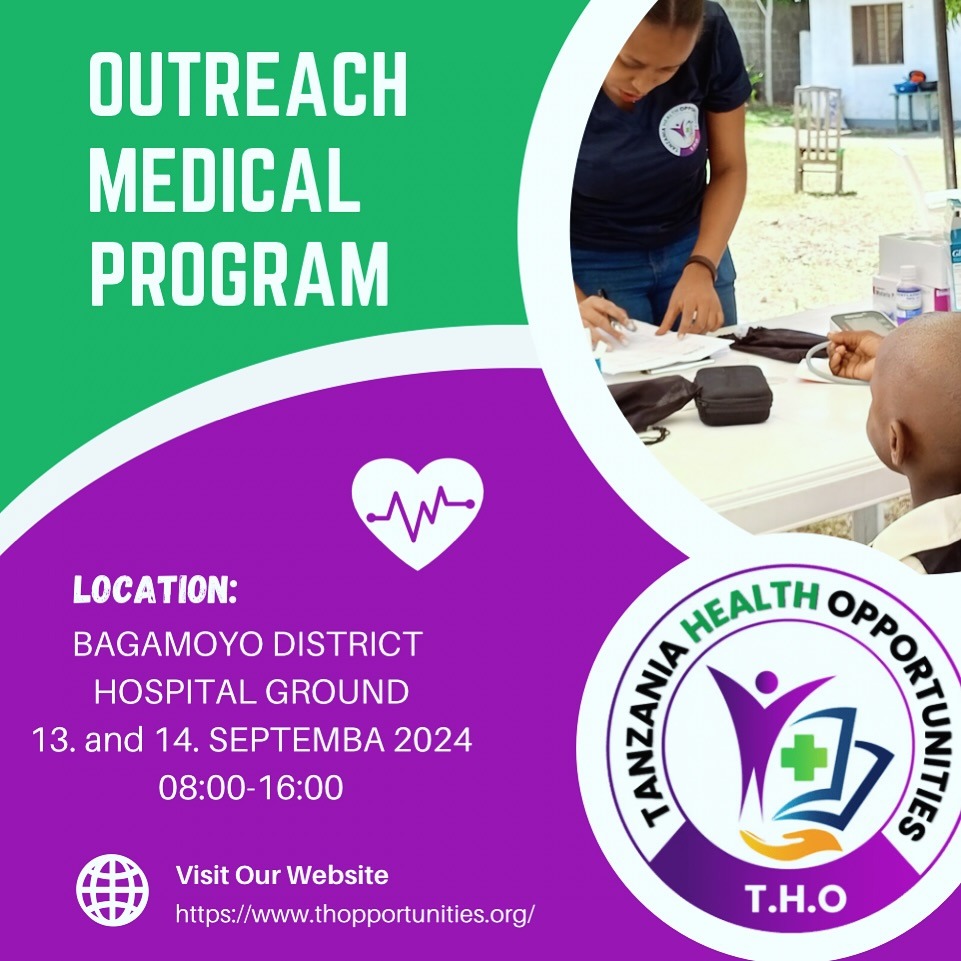Understanding Hypertension: Causes, Symptoms, and Prevention
Hypertension, or high blood pressure, occurs when the pressure in your blood vessels consistently exceeds 140/90 mmHg. Often referred to as a “silent killer”, hypertension usually presents no symptoms. However, if left untreated, it can lead to serious health issues, such as:
-
Heart attacks
- Heart failure
- Strokes
- Kidney damage
For a detailed guide on managing hypertension, visit the American Heart Association’s Hypertension page.
Risk Factors for Hypertension
Several factors can increase your risk of developing hypertension, including:
-
Being overweight
- Lack of physical activity
- Poor diet (high in salt, sugar, or fats)
- Excessive alcohol consumption
- Aging
- Genetics
It’s important to maintain a healthy lifestyle to reduce these risks. For tips on a heart-healthy diet, check out Harvard Health’s Nutrition Guide.
Symptoms of Hypertension
Although hypertension often shows no symptoms, it’s important to watch for warning signs, especially if you are at risk:
- Chest pain
- Difficulty breathing
- Sudden vision changes
- Nosebleeds
- Irregular heartbeats
- Severe headaches or dizziness
If you experience any of these symptoms, seek medical attention immediately.
Lifestyle Changes to Manage Hypertension
Making key lifestyle changes can significantly reduce your risk of chronic hypertension. Here are some steps you can take:
- Eat more vegetables: a diet rich in fruits and vegetables can help lower blood pressure.
- Exercise regularly: aim for at least 30 minutes of moderate exercise most days of the week.
- Maintain a healthy weight: losing weight can have a significant impact on lowering blood pressure.
- Reduce alcohol consumption: limiting alcohol can help keep blood pressure in check.
Conclusion
If your doctor diagnoses you with hypertension, it’s crucial to follow their treatment plan and attend regular check-ups. Never stop taking prescribed medication without consulting your healthcare provider, and if you’re unable to access your medication, seek advice immediately.








